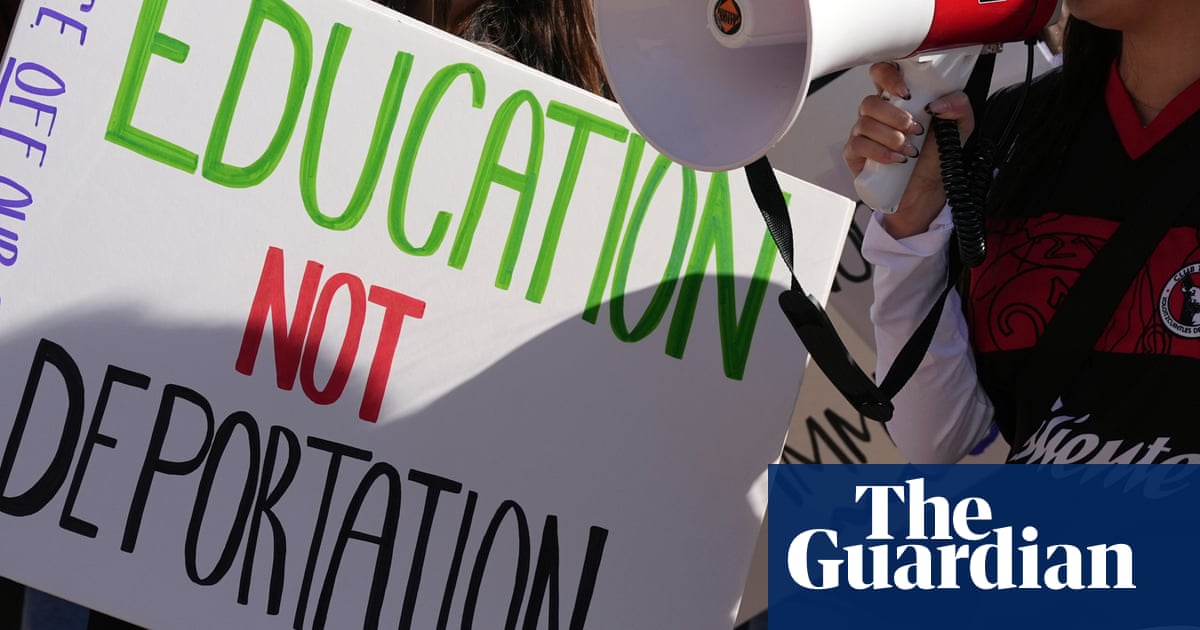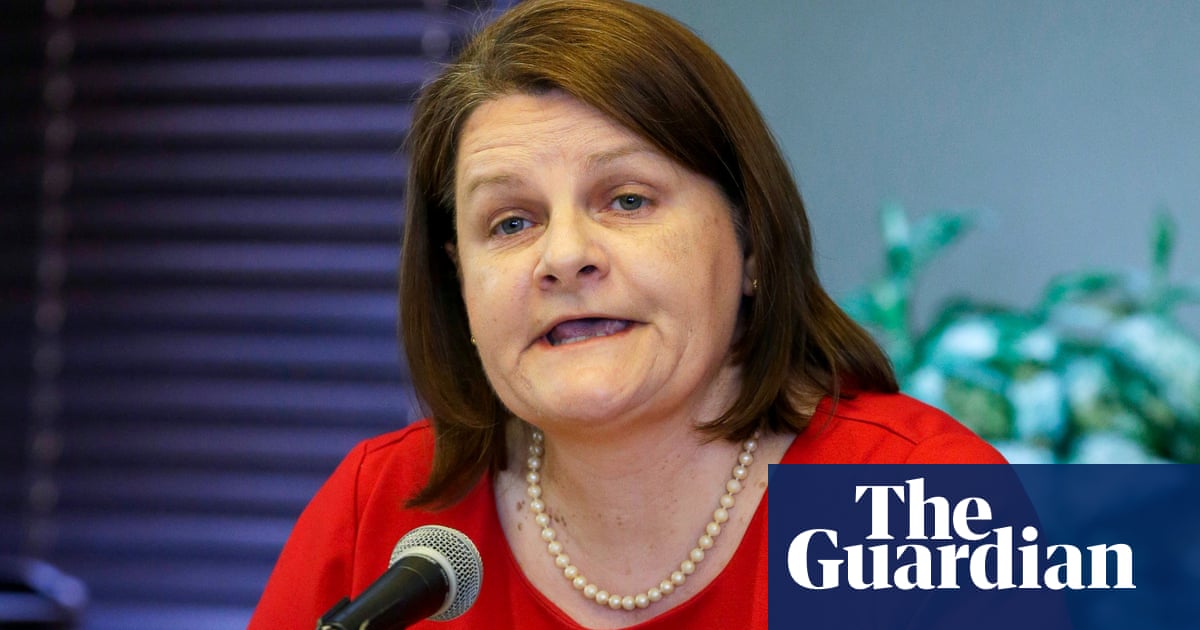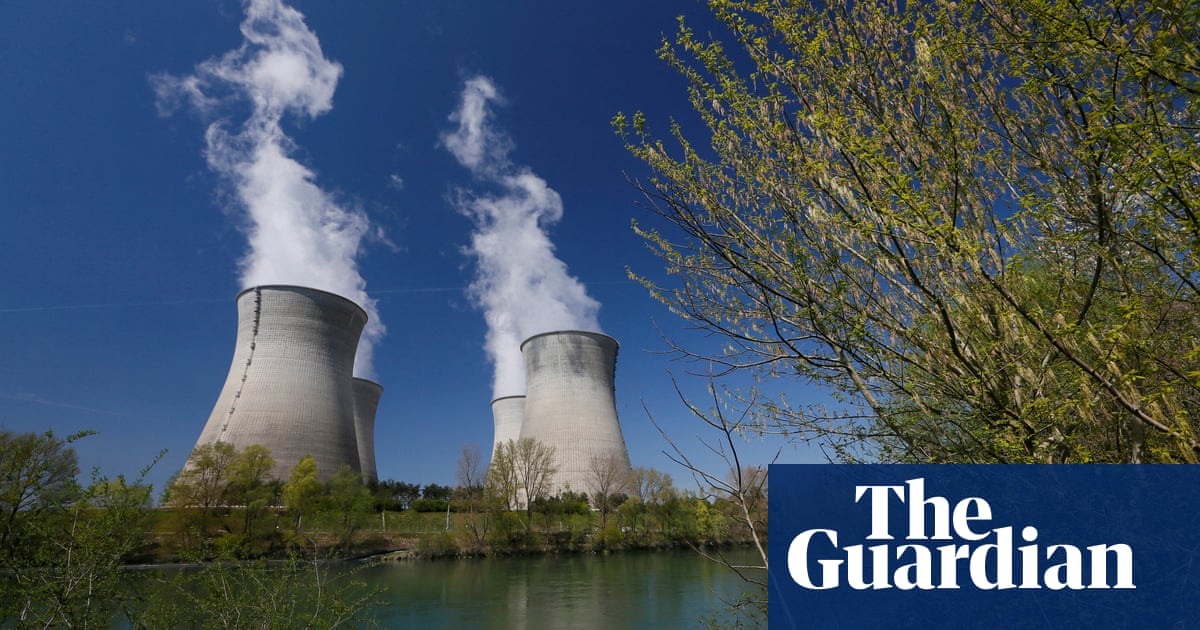Keir Starmer will face a key test of his claims to leadership on the climate early next year, when the UK’s statutory advisers issue their latest advice on future cuts to greenhouse gas emissions.
The independent Climate Change Committee will set out recommendations on the UK’s seventh carbon budget on 26 February. At the core of the budget will be an overall cap on emissions for the years 2038 to 2042, needed to meet the legal obligation of reaching net zero emissions in 2050.
While the scope of this budget will fall long outside the current parliament, policies to achieve the recommended cuts will be needed much sooner. By 2035, the UK should already have slashed emissions, relative to 1990 levels, by about 81%, according to the international pledge unveiled by Starmer at the Cop29 UN climate summit in November.
The seventh carbon budget will need to go beyond that: by 2040, emissions should be about a quarter of what they are today.
Ed Matthew, campaigns director at the E3G thinktank, said: “The seventh carbon budget should not be met with fear. It is the opportunity to put the finishing touches to a project to rewire the UK economy, to make it globally competitive and help nature to flourish. The only question is whether our leaders have the courage to be ambitious and stand up to the vested interests standing in our way.”
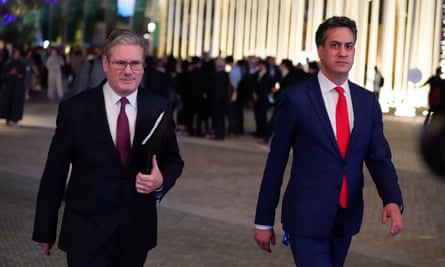
That will require not just the decarbonisation of the power sector, which Labour has made one of its flagship “missions”, but also drastic changes in many other sectors of the economy. Fossil-fuelled cars must be switched for electric vehicles, and a widescale revival of public transport will be needed; homes must be insulated, and gas boilers exchanged for heat pumps; big changes will be needed to farming practices; new techniques for industry; and tree-planting and nature programmes will be needed to restore the UK’s carbon sinks.
For Ed Miliband, secretary of state for energy security and net zero, setting a new carbon budget has a personal resonance. When Labour was last in power, he took on the role of the secretary of state at the newly created Department of Energy and Climate Change in October 2008. A month later parliament passed the Climate Change Act, under which the five-year carbon budgets are set.
Requiring governments to set limits on emissions far in advance of their own term was intended to create long-term certainty, helping national and local government to plan, and giving businesses the signals and clear direction of travel they need to invest in the shift to a low-carbon economy.
The CCC cannot require the government to legislate for particular policies, but gives guidance on where emissions cuts need to fall, and suggests an overall cap, which the government can only reject in exceptional circumstances.
Starmer and Miliband have both already taken to the world stage to claim global climate leadership for the UK, so rejecting CCC advice would be a major departure. A Department for Energy Security and Net Zero spokesperson said: “Britain is back in the business of climate leadership because the only way to protect current generations in the UK is by making Britain a clean energy superpower, and the only way to protect our children and future generations is by leading global climate action. We look forward to receiving the CCC’s expert advice and we will set our seventh carbon budget by June 2026, in line with our statutory duties.”
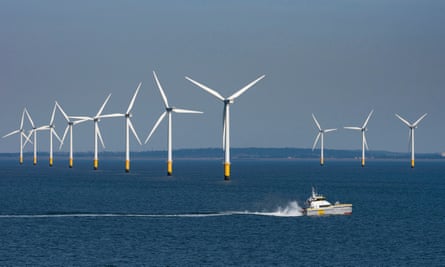
The first three carbon budgets were relatively easy to meet, as they mainly involved completing the switch from coal to gas that was begun in the 1990s, and investing in renewable energy, such as offshore wind.
Labour has pushed further on energy, by ending the ban on onshore wind, boosting grants for heat pumps, and announcing new investments in carbon capture and storage and nuclear power.
But other high-emitting sectors of the economy – transport, industry, buildings and farming – have made far less progress under recent governments. As a result, the UK is already badly off track to meet the current carbon budget – the fourth, which runs to 2028.
Emissions from transport – now the biggest single source of the UK’s emissions, at about 29% in 2023 – have remained stubbornly high, as the gains from the uptake of electric vehicles have been offset by the surge in SUVs, which now make up well over half of all new cars sold. Public transport has also yet to feel the benefits of renewed government focus, and aviation will be among the top sources of emissions in the 2040s, having been left out of previous budgets.
Housing accounts for a fifth of emissions, and much faster progress is needed on phasing out gas boilers and plugging the leaks in the UK’s draughty housing. Roz Bulleid, research and policy director at the Green Alliance thinktank, said: “Heat pumps and other forms of low-carbon heating will be rapidly replacing boilers in homes by the seventh carbon budget period.”
Labour may also face resistance from farmers. Agriculture accounts for about 12% of the UK’s emissions, but farmers are up in arms over changes to inheritance tax, and concerned about the future of the public payments they receive, and any prospective trade deals. The National Farmers’ Union may reconsider its target of reaching net zero by 2040 in England and Wales. (Carbon budgets apply to the UK as a whole, but some aspects of them – including land use – are subject to devolution.)
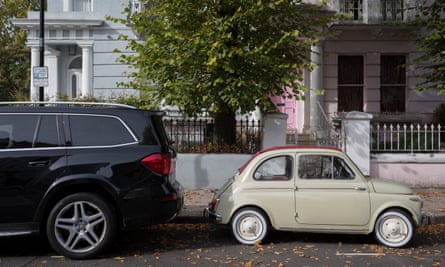
Tom Lancaster, head of land, food and farming at the Energy Climate Intelligence Unit thinktank, pointed to the findings of a CCC progress report that called for “substantial acceleration” in policy to reduce farming emissions, as it was “significantly off track”. ECIU analysis suggests that agriculture and land use could be the biggest emitting sector in the UK in just over a decade.
Ministers would need to explain how they planned to resolve this, said Lancaster. “Issues such as land use, production and consumption of livestock products and demand-side policies are likely to feature more prominently [in the seventh carbon budget] than in previous carbon budget advice,” he warned.
Starmer has also fought shy of urging people to change their high-carbon habits, perhaps fearful of “nanny state” jibes. But the question of the UK’s diet – meat-rich, and carbon-heavy as a result – cannot be ignored. Mike Childs, head of policy at Friends of the Earth, said it need not be a chore. “The deeper cuts needed to meet a 2040 goal can be met through more people choosing greener, cheaper and healthier lifestyles,” he said. “Already people are increasingly opting for meat and dairy alternatives and choosing to walk and cycle. The path to net zero should lead to better quality of life, particularly for those who have been left behind financially over the last decade.”
Whatever his response to the CCC’s advice, Starmer can expect fierce attacks from the Conservatives. Kemi Badenoch, leader of the opposition, is a confirmed sceptic on net zero policy. She has so far stopped short of vowing to renege on the 2050 goal, but the carbon budget could provide her first big clash on the issue.
This is a problem no government has faced before. In 2008, then leader of the opposition, David Cameron, commanded his MPs to vote for the Climate Change Act, and all but a handful did so. A cross-party consensus on climate action was the bedrock of his reformed Tory party, and it lasted all the way from his huskie-hugging expeditions of 2006 to the prime ministership of Rishi Sunak.
The latter’s partial rollback of several climate policies in September 2023 was the first sign of a crack in the consensus. If Badenoch takes issue with the CCC’s findings, or vows to unravel the carbon budget should the Tories take back power, it would be an unmistakable sign that the crack has become a chasm.

.png) 3 months ago
45
3 months ago
45






